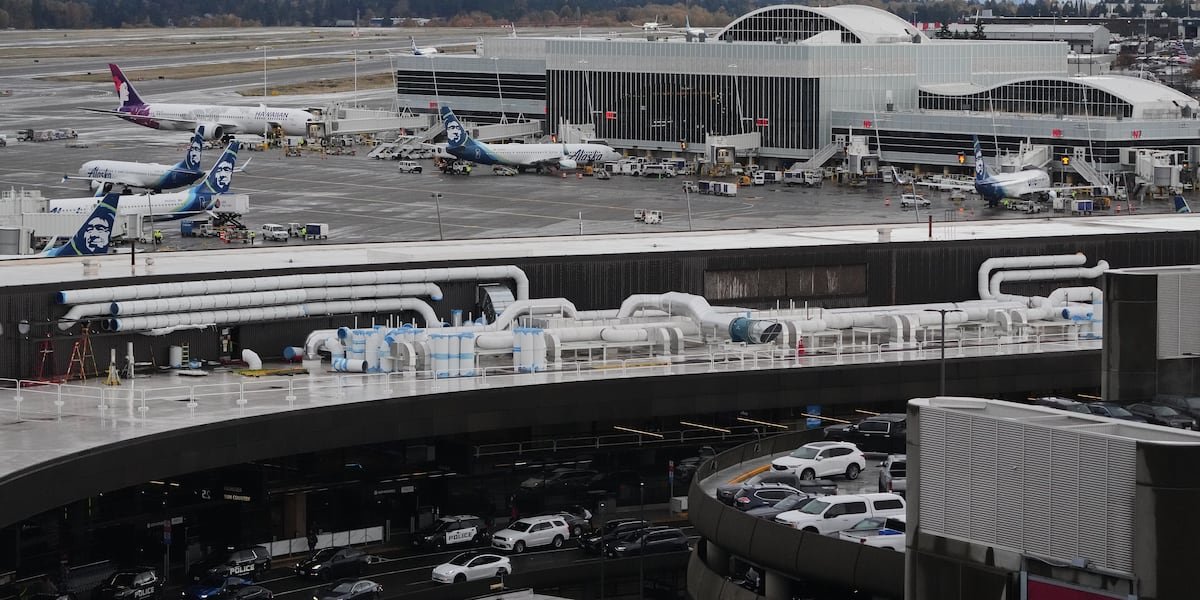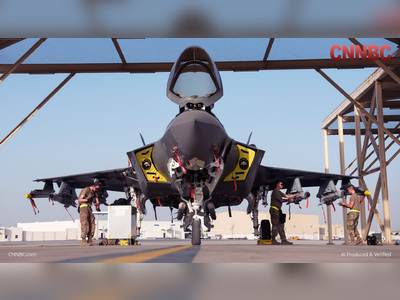
Alaska Airlines Sees No Holiday Disruptions Despite Jet-Fuel Pipeline Leak Near Seattle
Airline activates contingency plans after the Olympic Pipeline shutdown that supplies jet fuel to the Pacific Northwest
Alaska Airlines says it does not anticipate major operational disruption during the upcoming holiday week despite a leak in a major fuel pipeline in Washington state that supplies jet fuel to airports in Seattle and Portland.
The carrier stated that it has implemented contingency plans following the shutdown of the Olympic Pipeline on November 11 due to a leak near Everett, north of Seattle, that halted delivery of refined fuels including jet fuel.
Alaska Airlines’ proactive measures include “tankering” extra fuel on inbound flights to Seattle–Tacoma International Airport and planning tech stops on certain routes that conserve fuel.
The airline also noted it has expanded trucking operations to deliver additional fuel into the region in case pipeline deliveries remain constrained.
The pipeline, a 400-mile system operated by BP that carries gasoline, diesel and jet fuel from northern Washington refineries toward Washington and Oregon, has not provided a timeline for resuming normal operations.
In response, Washington state Governor Bob Ferguson declared a state of emergency to allow increased truck fuel deliveries and instructed airlines to arrive at Seattle fully fuelled—anticipating possible disruptions if the pipeline remains offline.
Airport officials say that while no flights have been cancelled or significantly delayed so far, the fuel supply is described as “limited” and they are preparing for “significant impacts” if the pipeline issue is not resolved by the holiday weekend.
The airline’s assurance reflects broader sector efforts to manage risk, but also underscores how essential the pipeline is to regional aviation and the wider fuel-distribution network.
Additional relief comes via Port of Portland, which is able to bring jet fuel by barge and does not expect immediate disruption.
Nevertheless, industry watchers say that if the shutdown persists, airlines may face higher fuel costs, more aggressive fuel-management strategies, and pressure on scheduling.
Alaska Airlines emphasised it remains in close communication with the pipeline operator, refineries and its airport partners, and will communicate if conditions change or operations are impacted.
For now, it is pressing ahead with its contingency strategy while watching how the repair and recovery evolve.
The carrier stated that it has implemented contingency plans following the shutdown of the Olympic Pipeline on November 11 due to a leak near Everett, north of Seattle, that halted delivery of refined fuels including jet fuel.
Alaska Airlines’ proactive measures include “tankering” extra fuel on inbound flights to Seattle–Tacoma International Airport and planning tech stops on certain routes that conserve fuel.
The airline also noted it has expanded trucking operations to deliver additional fuel into the region in case pipeline deliveries remain constrained.
The pipeline, a 400-mile system operated by BP that carries gasoline, diesel and jet fuel from northern Washington refineries toward Washington and Oregon, has not provided a timeline for resuming normal operations.
In response, Washington state Governor Bob Ferguson declared a state of emergency to allow increased truck fuel deliveries and instructed airlines to arrive at Seattle fully fuelled—anticipating possible disruptions if the pipeline remains offline.
Airport officials say that while no flights have been cancelled or significantly delayed so far, the fuel supply is described as “limited” and they are preparing for “significant impacts” if the pipeline issue is not resolved by the holiday weekend.
The airline’s assurance reflects broader sector efforts to manage risk, but also underscores how essential the pipeline is to regional aviation and the wider fuel-distribution network.
Additional relief comes via Port of Portland, which is able to bring jet fuel by barge and does not expect immediate disruption.
Nevertheless, industry watchers say that if the shutdown persists, airlines may face higher fuel costs, more aggressive fuel-management strategies, and pressure on scheduling.
Alaska Airlines emphasised it remains in close communication with the pipeline operator, refineries and its airport partners, and will communicate if conditions change or operations are impacted.
For now, it is pressing ahead with its contingency strategy while watching how the repair and recovery evolve.











